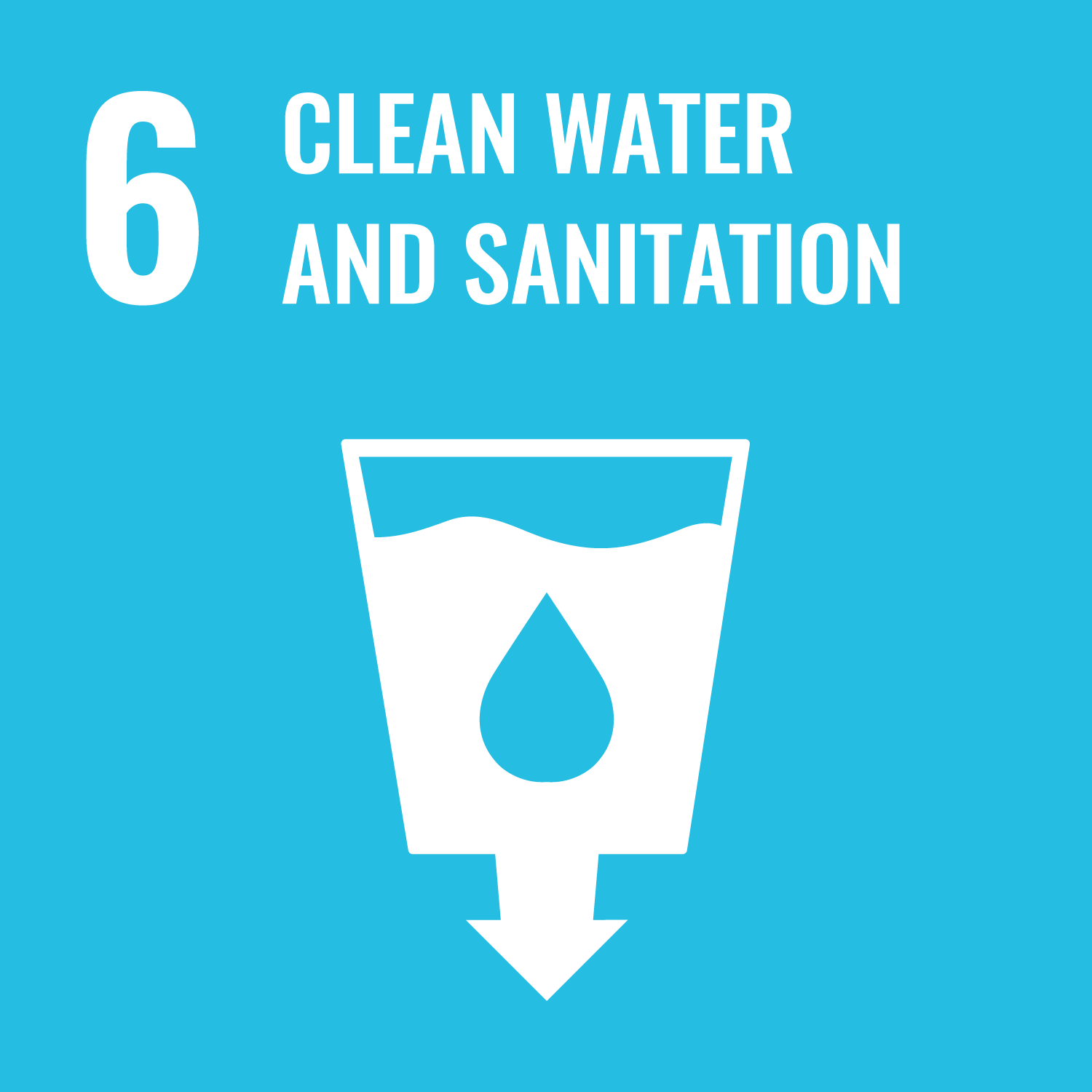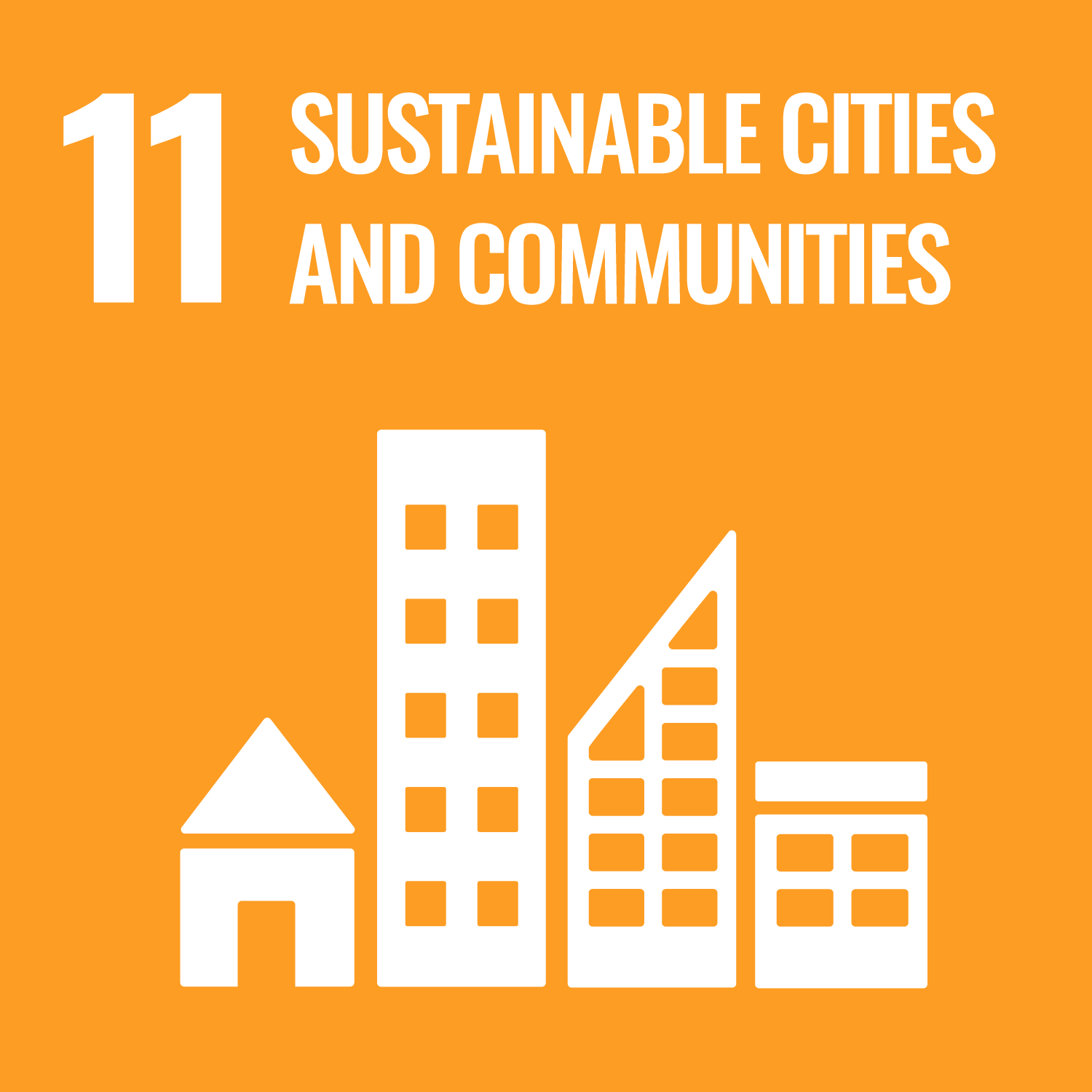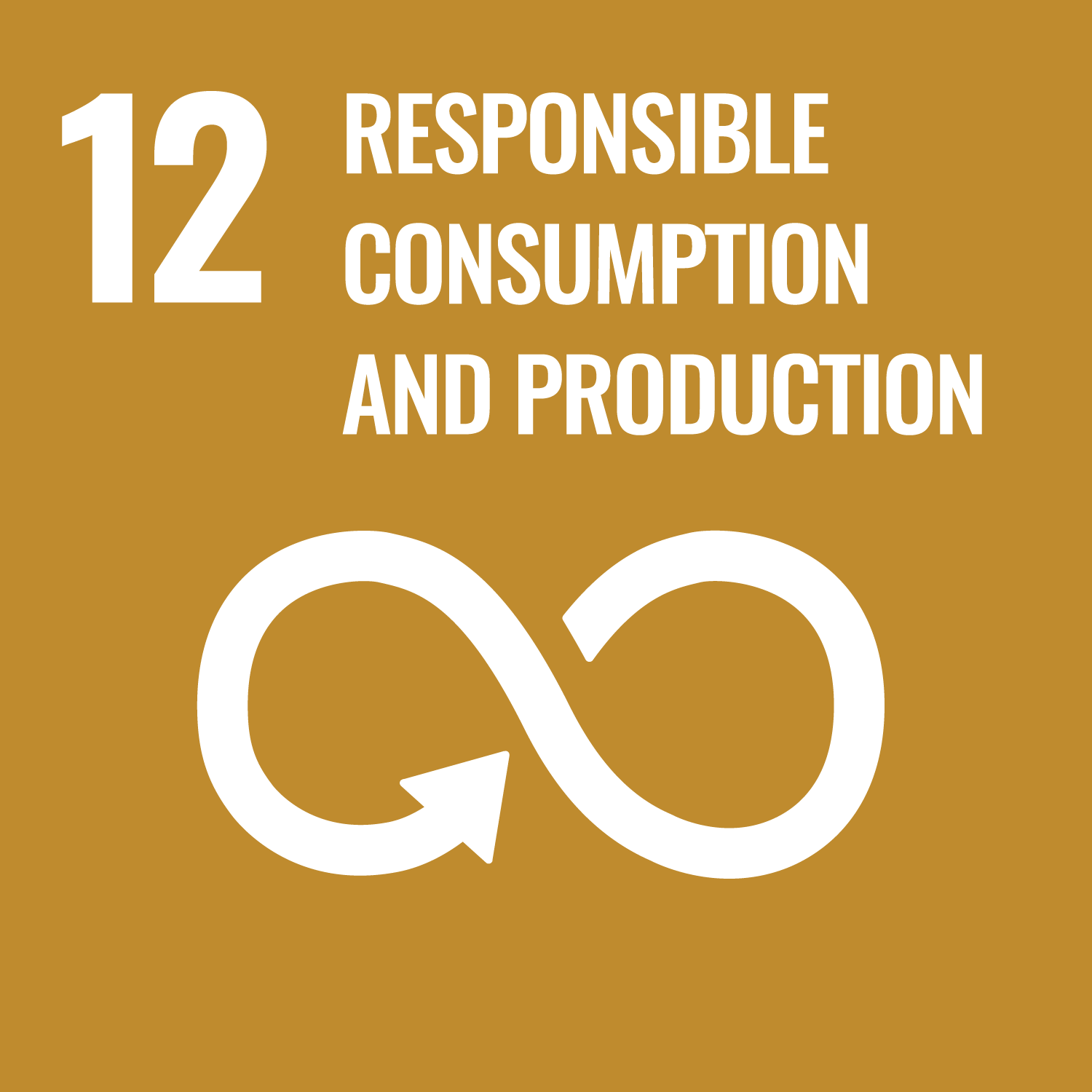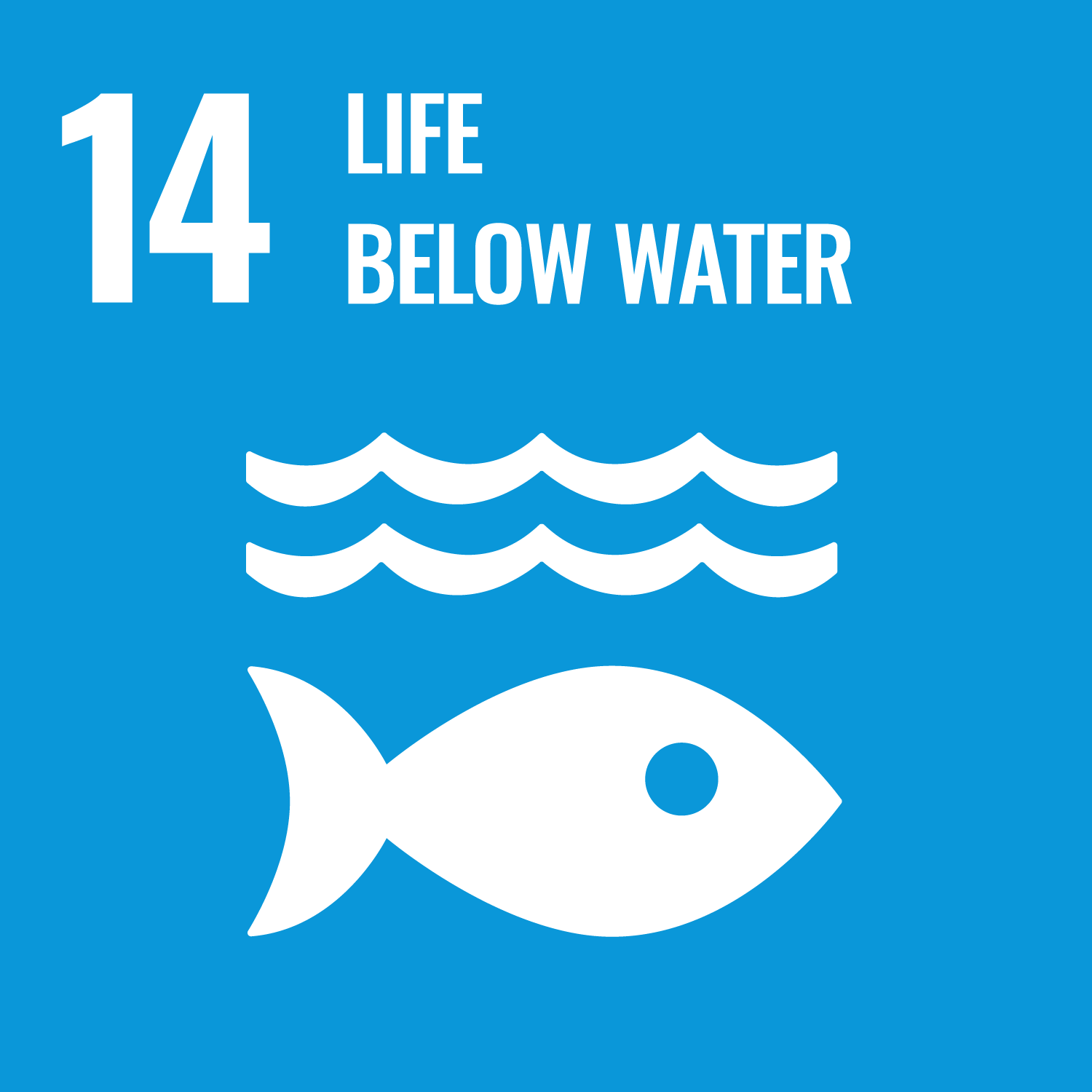Environmental Management




JICA addresses waste, water and air pollution, and other environmental problems that cause health problems, to create clean cities
JICA contributes to achieving sound environmental quality for the development of a sustainable society in order to protect people’s health and living environment in partner countries. It will be realized by cooperation centering on improving the competence of administrative organizations responsible for environmental management and promoting environmental measures such as waste management and prevention of water and air pollution.
JICA will also promote this Global Agenda in urban areas of partner countries, thereby contributing to the creation of clean cities.
Water and air are essential public goods that ensure a clean and safe living environment. However, in some partner countries, inadequate environmental management leads to pollution, disproportionately affecting vulnerable groups. Ensuring human security requires effective pollution control and waste management to mitigate environmental degradation and safeguard a healthy and safe living environment.
For more information on JICA's initiatives through applying Human Security approaches, please see below.
(1) Environmental Management Issues
In developing countries, environmental pollution and degradation of its quality have become apparent with economic development, industrialization, rapid urbanization, and population concentration, and the poor and other socially vulnerable groups in particular are suffering more severely.
In terms of waste, more than 70% of waste in sub-Saharan Africa is dumped in open dump sites without proper treatment, causing health hazards and the generation of methane gas and other gases, which also contribute to air pollution and climate change. It is also a cause of marine plastics.
4.2 billion people worldwide lack access to sanitation services such as sewage treatment, and 500,000 people, mostly infants, die annually from water-borne diseases such as diarrhea, dysentery, and cholera, mainly in developing countries. In addition, air pollution from industrial activities and automobile traffic is the fourth leading cause of death worldwide, with an estimated 6.67 million deaths attributed to air pollution in 2019. In recent years, health hazards due to particulate matter, including PM2.5, have also been reported, and as of 2016, more than 90% of the world's population was under air quality conditions that did not meet the WHO standard for PM2.5.
(2) Impact of climate change
Promoting a recycling-oriented society through sound environmental quality and waste management will help reduce the generation of greenhouse gases and is the basis for building a decarbonized society.
(3) Significance of Japan and JICA's Efforts
In Japan, economic activities and development were prioritized until the period of rapid economic growth, and the country neglected environmental impacts, resulting in environmental destruction and pollution that caused severe air pollution and contamination of public water bodies. In response to the growing seriousness of environmental problems, Japan has improved its legal system, established an organizational structure, improved its technology and human resource development, and improved its ability to comprehensively cope with such problems through the cooperation of all relevant social sectors. As a result, we are on our way to creating a sustainable, recycling-oriented society. Sharing Japan's experience will improve the predictability of environmental risks and the effectiveness of countermeasures in developing countries and contribute to the promotion of sustainable development. Cooperation is also significant because environmental management in developing countries is directly related to Japan's environment and public health through its response to global environmental problems and infectious diseases. In addition, by promoting the export of environmental infrastructure, Japanese private companies can contribute to the development of developing countries with their excellent technologies.
We will focus on the following two clusters to realize clean cities in developing countries. By comprehensively addressing air and water pollution and waste management in urban areas and promoting the "JICA Clean City Initiative," we aim to benefit 500 million people in 50 countries by 2030. In promoting the Initiative, JICA will collaborate with sectors such as urban development, infrastructure development, health, and education to enhance sustainability and development effectiveness.
(1) JICA Cluster "Improvement of Waste Management and Realization of a Recycling-Oriented Society"
Goal: To strengthen the capacity of regional governments and public institutions, such as metropolitan areas, and institutions responsible for waste management administration in the country as a whole, as entities that sustainably and proactively promote the improvement of waste management systems and the initiatives of residents, companies, and other waste generators based on the principle of producer responsibility. We will also provide support for the realization of a recycling-oriented society in which resource consumption is reduced and the burden on the environment is minimized.
(2) JICA Cluster "Promotion of Healthy Environment through Appropriate Environmental Regulations and Pollution Control"
Goal: In the management of environmental quality (water, air, and soil), while preventing environmental pollution and pollution problems, if pollution does occur, we will strengthen the capacity of government agencies that serve as regulatory entities responsible for identifying pollution conditions and sources based on scientific evidence and formulating and implementing countermeasures.
In addition, we will also improve the facilities and strengthen the capacity of the management entities responsible for water pollution countermeasures, such as public sewage treatment projects.
scroll